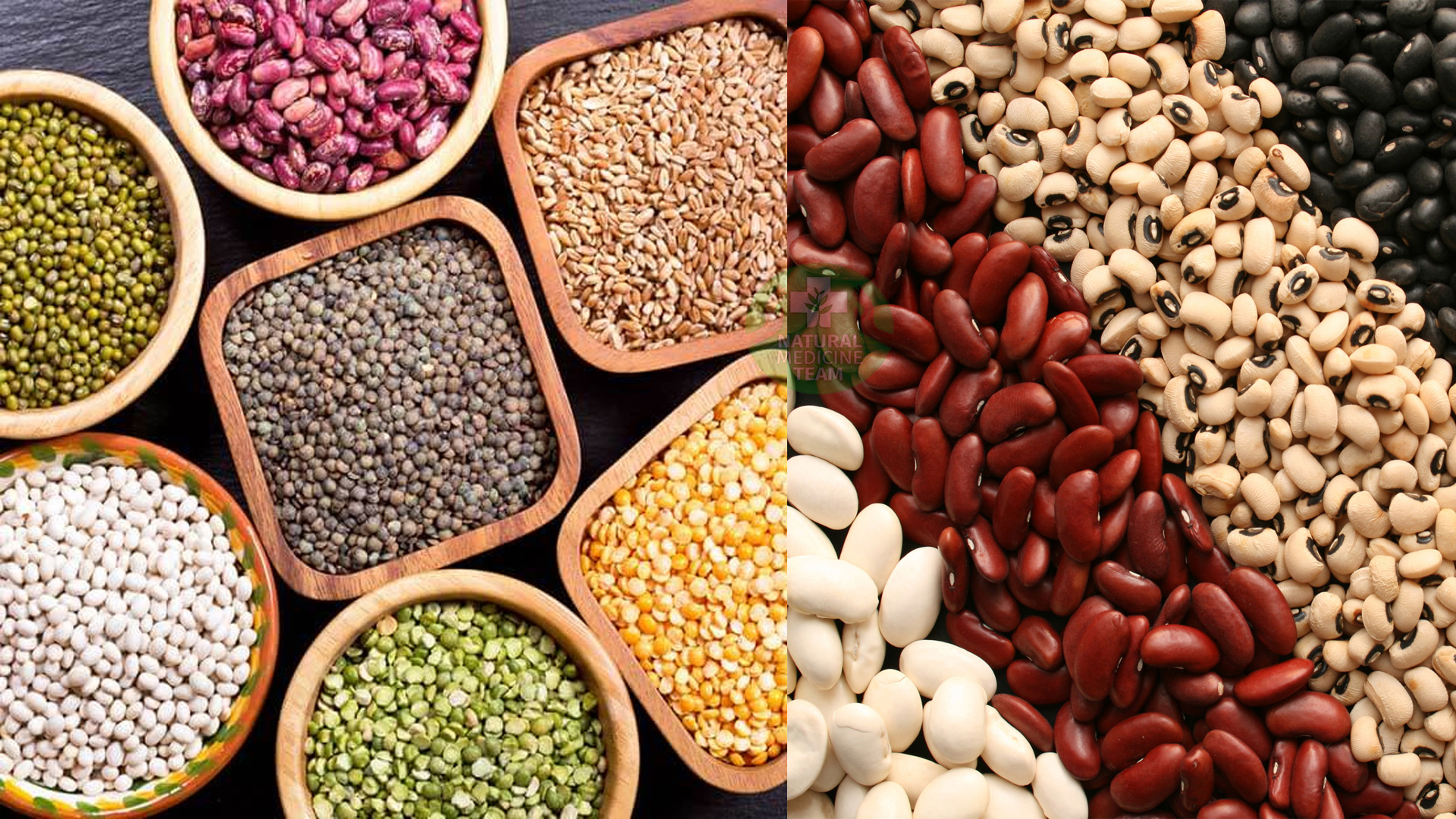Many people believe that vegetarianism is not a healthy lifestyle, because they do not know, or refuse to believe that one can get the required proteins, elsewhere.
The truth is that there is a difference between animal and plant-based proteins, since meat contains all the amino acids we need, whereas plant proteins do not, but by combining seeds, vegetables and nuts we can get all the missing pieces and have diverse enough intake.

The vegetarian diet has variations, but all of the variations exclude meat. There are three types of the vegetarian diet; ovo-lacto vegetarian is a person who eats vegetables, eggs and dairy products, lacto-vegetarian eats vegetables and dairy products but not eggs, and ovo-vegetarian, that eats vegetables and eggs, but not dairy products. Because of the exclusion of meat in all the types of this diet, vegetarians rely on many different products to ensure the daily protein intake.
-
Beans
Beans provide 10 grams of protein per cup. They are rich in nutrients that are good for the heart, muscles, the digestive system, and they are full of dietary fiber- a nutrient that makes them digest slowly, therefore make you feel full longer.
-
Lentils
Lentils provide 18 grams of protein per cup. If you want to reduce the meat intake, or even remove it from your diet, lentils are the perfect substitute. One cup of lentils has the same amount of protein as 3 eggs, with much fewer fats. Lentils are a great way to keep you full longer while you feel light and not with a heavily packed stomach. Because of the high amount of dietary fiber and low-fat level, they are a perfect choice of food for losing weight. They will also reduce the cholesterol levels, a thing that meat can’t do for you.
-
Peanut Butter
Peanut Butter provides 7 grams of protein in just 2 tablespoons. Even though peanut butter does contain fat, and eating too much can lead to weight gain, 2 tablespoons is a good dose for getting enough protein and healthy fats. Peanut butter can prevent cardiovascular and artery disease, and benefit the heart health. Avoid peanut butter that is processed, and get the one that is made of 100% peanuts, with no salt or sugars added.
-
Nuts
Nuts are a small but very powerful and potent food with high levels of protein. One cup of almonds contains 4-6 grams of protein, a cup of cashews 5 grams protein, a cup of pistachios 6 grams, milled flax seeds-12 grams of protein, and walnuts 8 grams.
Avoid nuts prepared or cooked in oil, but chose roasted or even raw.
